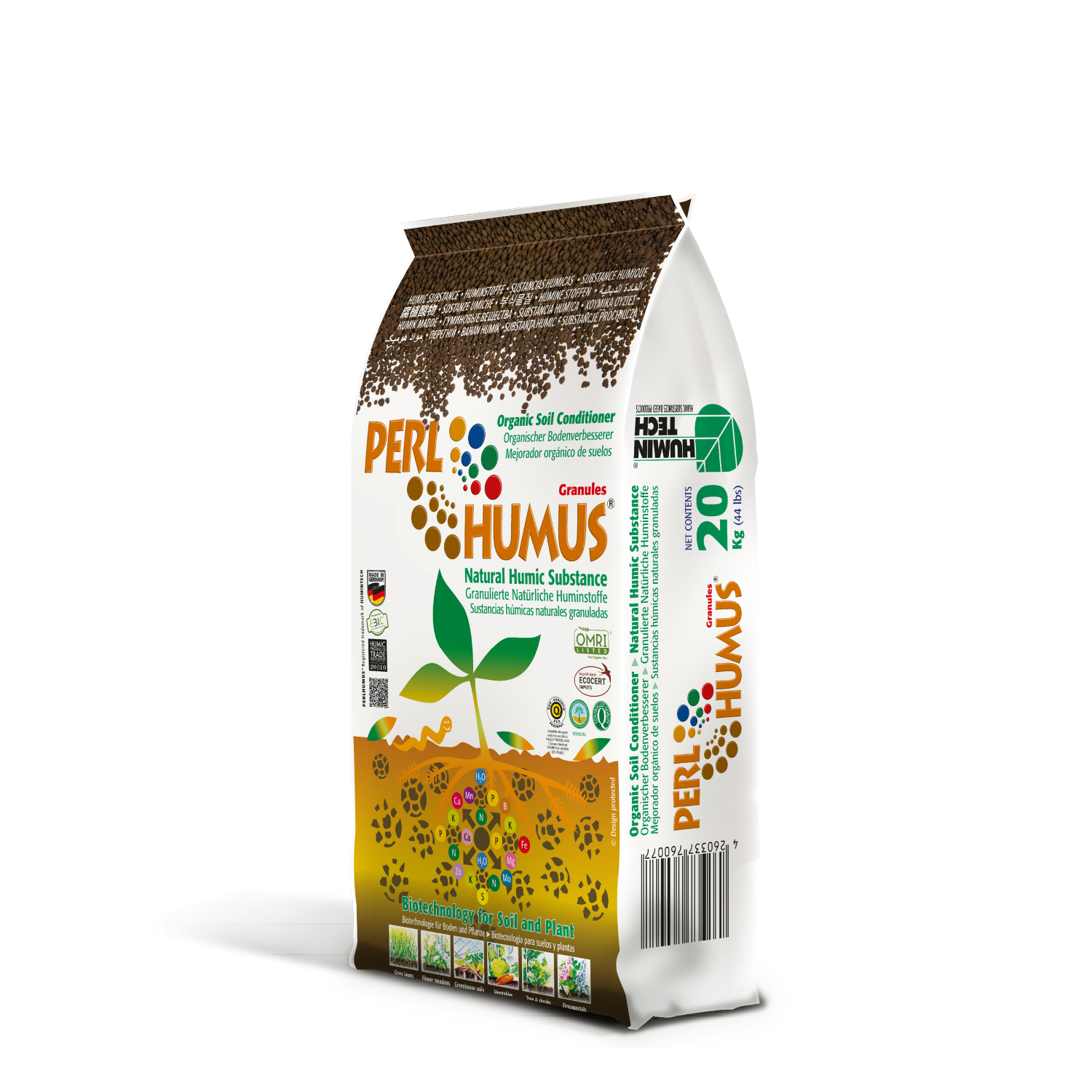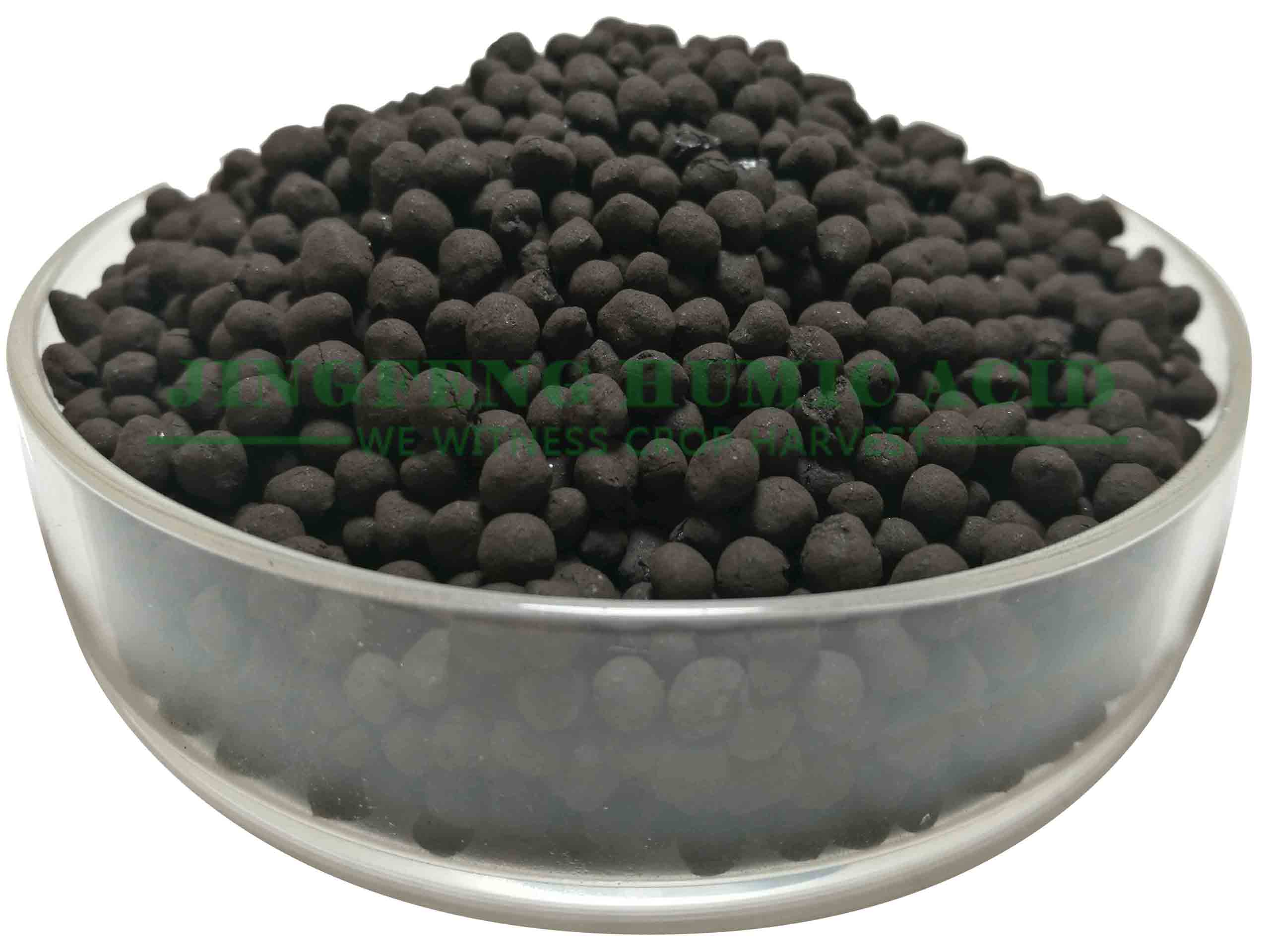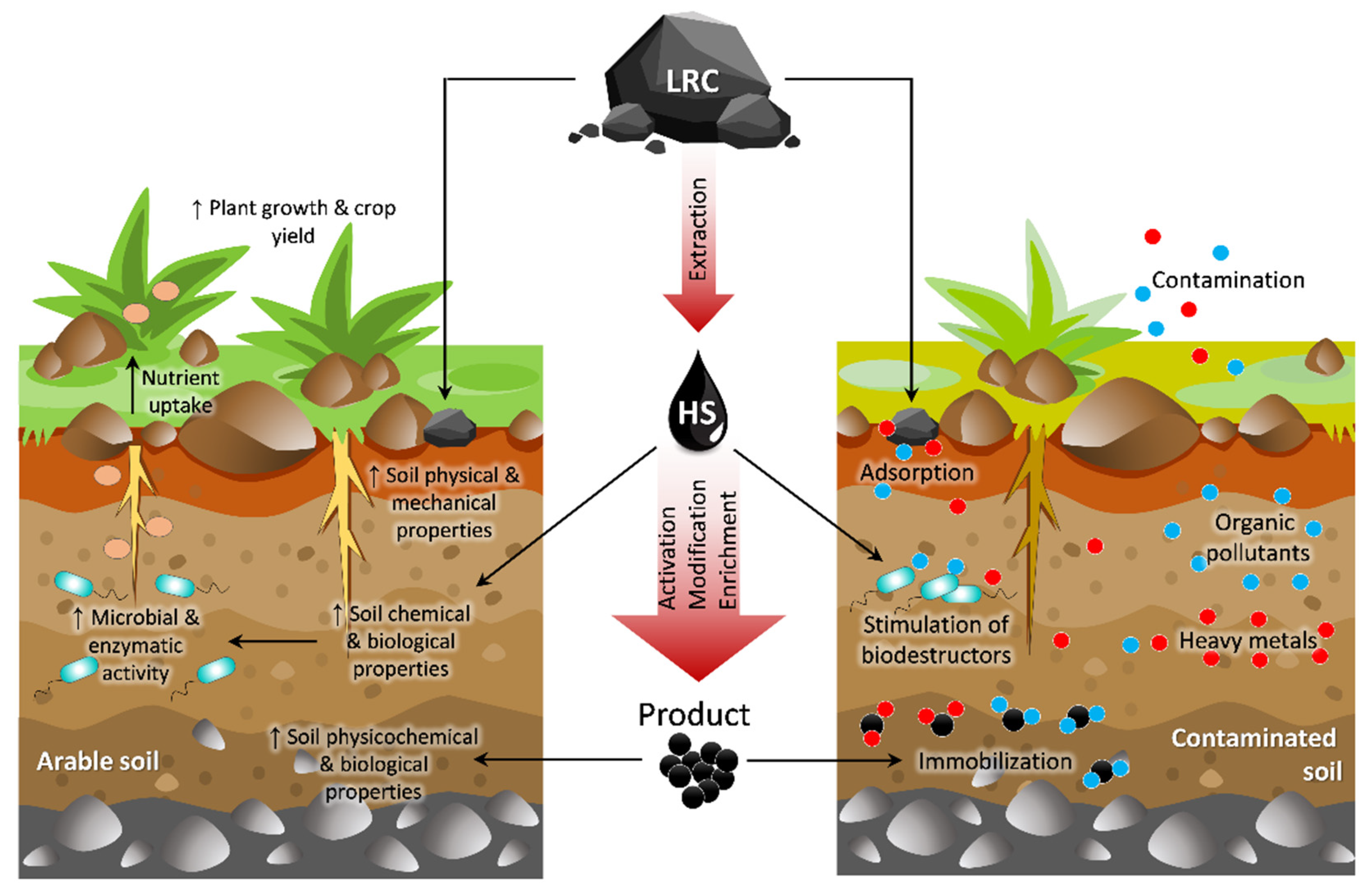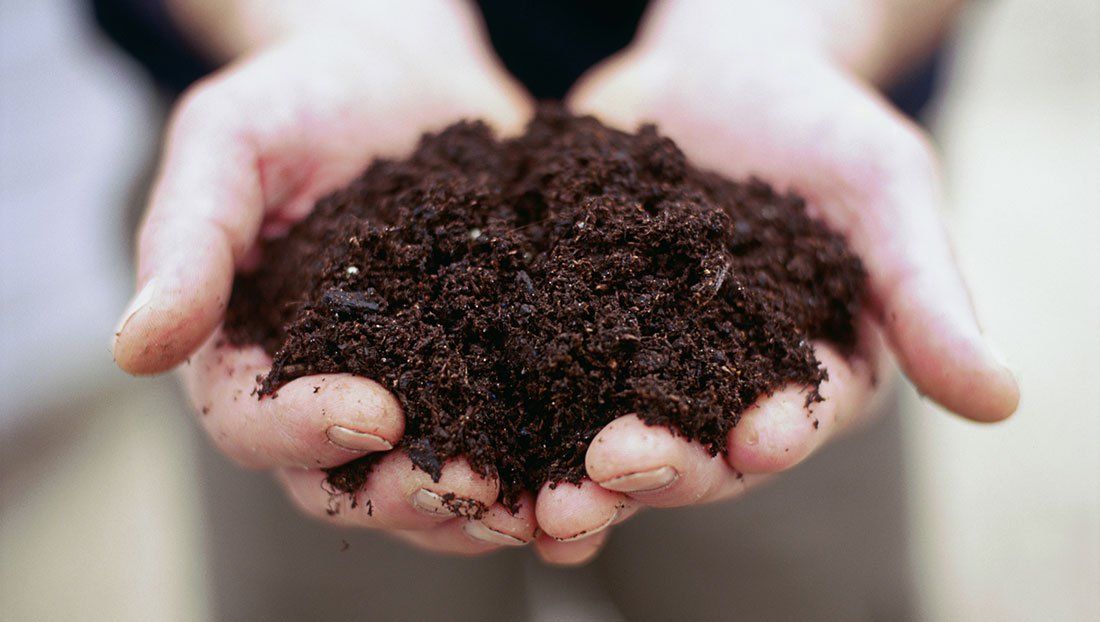Humic Acid: The Secret To Healthy Soil
Humic Acid: The Secret to Healthy Soil
Healthy soil is essential for healthy plants, and humic acid is one of the most important components of healthy soil. Humic acid is a naturally occurring organic compound that is formed when plant and animal matter decomposes. It is a complex molecule that contains a variety of chemical properties that make it beneficial for plants.
Benefits of Humic Acid for Plants
Humic acid has a number of benefits for plants, including:
- Increased nutrient uptake: Humic acid helps to make nutrients more available to plants by chelating them, which means that it binds to the nutrients and makes them easier for the plants to absorb.
- Improved water retention: Humic acid helps to improve the water retention capacity of soil, which means that plants are less likely to experience water stress.
- Enhanced root growth: Humic acid stimulates root growth, which helps plants to better anchor themselves in the soil and to take up more nutrients.
- Increased resistance to pests and diseases: Humic acid helps to increase plant resistance to pests and diseases.
- Improved overall health: Humic acid helps to improve the overall health of plants, making them more vigorous and productive.
Benefits of Humic Acid for Soil
In addition to its benefits for plants, humic acid also has a number of benefits for soil, including:
- Improved soil structure: Humic acid helps to improve the structure of soil, making it more crumbly and aerated. This makes it easier for water and air to move through the soil, which is essential for plant growth.
- Increased water retention: As mentioned above, humic acid helps to increase the water retention capacity of soil. This is especially important in areas with dry climates or during periods of drought.
- Enhanced nutrient cycling: Humic acid helps to enhance the nutrient cycling process in soil. This means that nutrients are more efficiently recycled, which helps to keep soil healthy and productive.
- Improved soil microbial activity: Humic acid helps to improve the soil microbial activity. This is important because microbes play a vital role in the health of soil.
- Reduced soil erosion: Humic acid helps to reduce soil erosion by binding to soil particles and making them more stable.
How to Apply Humic Acid
Humic acid can be applied to soil in a variety of ways, including:
- Drenching: This is the most common way to apply humic acid. Simply mix the humic acid with water and apply it to the soil around your plants.
- Foliar feeding: Humic acid can also be applied to the leaves of plants. This is done by mixing the humic acid with water and spraying it on the leaves.
- Broadcasting: Humic acid can also be broadcast onto the soil. This is done by spreading the humic acid evenly over the soil surface.
The Best Time to Apply Humic Acid
The best time to apply humic acid is in the spring or fall, when the soil is not too wet or too dry. You can also apply humic acid during the growing season, but it is important to water the soil thoroughly after applying it.
How Much Humic Acid to Apply
The amount of humic acid you need to apply will vary depending on the type of soil you have and the plants you are growing. However, a good rule of thumb is to apply 1-2 pounds of humic acid per 100 square feet of soil.
Conclusion
Humic acid is a valuable nutrient for plants and soil. It has a number of benefits that can help to improve the health of your plants and your soil. If you are looking for a way to improve the health of your garden, humic acid is a great option.
Humic soil conditioner is a natural substance that can improve the health and productivity of your soil. It is made from decomposed organic matter, and it contains a variety of nutrients that are essential for plant growth. Humic soil conditioner can help to improve soil structure, drainage, and water retention. It can also help to increase the availability of nutrients to plants, and it can suppress the growth of harmful microorganisms.
If you are looking for a way to improve the health of your soil, humic soil conditioner is a great option. It is a safe and effective way to boost plant growth and productivity.
For more information about humic soil conditioner, please visit Garden Wiki. This website provides a wealth of information about humic soil conditioner, including its benefits, how to use it, and where to buy it.
FAQ of humic soil conditioner
Q: What is humic soil conditioner?
A: Humic soil conditioner is a natural substance that is derived from the breakdown of organic matter. It is a complex mixture of organic acids, humins, and fulvic acids. Humic soil conditioner has a number of benefits for plants, including improving soil structure, increasing water retention, and providing nutrients.
Q: What are the benefits of using humic soil conditioner?
A: Humic soil conditioner has a number of benefits for plants, including:
- Improved soil structure: Humic soil conditioner helps to improve soil structure by binding soil particles together. This makes the soil more porous and allows for better drainage and aeration.
- Increased water retention: Humic soil conditioner helps to increase water retention by attracting water molecules. This can help to reduce water stress in plants during dry periods.
- Nutrient availability: Humic soil conditioner can help to increase the availability of nutrients to plants. This is because humic soil conditioner can chelate nutrients, making them more soluble and easier for plants to absorb.
- Disease resistance: Humic soil conditioner can help to increase plant resistance to disease. This is because humic soil conditioner can stimulate the production of plant defense compounds.
Q: How do I use humic soil conditioner?
A: Humic soil conditioner can be used in a variety of ways, including:
- Applying it to the soil: Humic soil conditioner can be applied to the soil as a liquid or a powder. When applying humic soil conditioner to the soil, it is important to follow the instructions on the product label.
- Mixing it with water: Humic soil conditioner can be mixed with water and used as a foliar spray. Foliar sprays are applied to the leaves of plants and can help to improve plant health and growth.
- Adding it to fertilizers: Humic soil conditioner can be added to fertilizers to improve the effectiveness of the fertilizer. This is because humic soil conditioner can help to make the nutrients in the fertilizer more soluble and easier for plants to absorb.
Q: How often should I use humic soil conditioner?
A: The frequency with which you use humic soil conditioner will depend on the type of plant you are growing and the condition of your soil. However, in general, you should apply humic soil conditioner once or twice per year.
Q: What are the side effects of using humic soil conditioner?
A: Humic soil conditioner is generally safe to use and has no known side effects. However, it is important to follow the instructions on the product label and to avoid using humic soil conditioner if you are allergic to any of its ingredients.
Image of humic soil conditioner
- Image 1: A bag of humic acid soil conditioner with the words "Humic Acid Soil Conditioner" and "Natural Plant Growth Promoter" on the front.

- Image 2: A bottle of liquid humic acid soil conditioner with the words "Liquid Humic Acid" and "Improves Soil Structure and Plant Growth" on the front.

- Image 3: A handful of humic acid granules with the words "Humic Acid Granules" and "Enhances Soil Fertility" on the front.

- Image 4: A plant growing in a pot with a caption that says "This plant was fertilized with humic acid and is now thriving!"

- Image 5: A soil test showing the difference in soil quality before and after the addition of humic acid.

Post a Comment for "Humic Acid: The Secret To Healthy Soil"